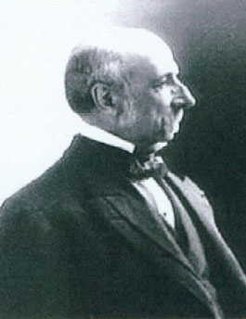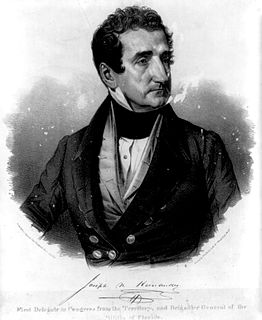 W
WKarel Albert Rudolf Bosscha, sometimes known as KAR Bosscha or Ru Bosscha was a planter, philanthropist and administrator of the Malabar Plantation in Bandung, Indonesia.
 W
WCarlos Manuel de Céspedes del Castillo was a Cuban revolutionary hero. Cespedes, who was a plantation owner in Cuba, freed his slaves and made the declaration of Cuban independence in 1868 which started the Ten Years' War (1868–78). This was the first of three wars of independence, the third of which, the Cuban War of Independence led to the end of Spanish rule in 1898 and Cuba's independence in 1902.
 W
WJoseph-François Charpentier de Cossigny (1736-1809), also known as Joseph-François Charpentier de Cossigny de Palma was born in Port Louis, the son of Jean-François Charpentier de Cossigny, an engineer of the French East India Company. He was also the cousin of David Charpentier de Cossigny. In 1773, while on a visit to Paris as a scholar and politician, he had asked the colonial secretary for the right to establish a Chamber of Agriculture on the Isle de France. Mauritian authorities considered Cossigny as an "agitator" for seeking the establishment of a representative body which could have interfered with the direct authority of the ministry.
 W
WAntoine Zacharie Adrien d'Épinay in Paris) was a Franco-Mauritian lawyer and politician.
 W
WCharles Adrien Prosper Caïez d'Épinay was a French sculptor and caricaturist. Many of his clients were from the nobility and royalty. He was sometimes referred to as the "sculpteur de souveraines".
 W
WSir Frank Leon Aroha Götz was a New Zealand politician of the National Party. Noted as a colourful character, he was commonly referred to by parliamentary colleagues as "the pirate" as he wore a black patch over a missing eye.
 W
WJohn Green was a portrait painter who later became a judge. Born in the Thirteen Colonies, he later migrated to Bermuda, where he died.
 W
WJosé Mariano Hernández or Joseph Marion Hernández was an American politician, plantation owner, and soldier. He was the first Delegate from the Florida Territory and the first Hispanic American to serve in the United States Congress. A member of the Whig Party, he served from September 1822 to March 1823.
 W
WFélix Houphouët-Boigny, affectionately called Papa Houphouët or Le Vieux, was the first president of Ivory Coast, serving for more than three decades until his death. A tribal chief, he worked as a medical aide, union leader and planter before being elected to the French Parliament. He served in several ministerial positions within the French government before leading Côte d'Ivoire following independence in 1960. Throughout his life, he played a significant role in politics and the decolonization of Africa.
 W
WHendrik Koekoek was a Dutch farmer, politician, and founder of the defunct Farmers' Party.
 W
WTa'isi Olaf Frederick Nelson was a Samoan businessman and politician. He was one of the founding leaders of the anti-colonial Mau movement.
 W
WElisabeth Samson (1715—1771) was an Afro-Surinamese coffee plantation owner. She was born in 1715 in Paramaribo to a freed slave, known as Mariana. All of her other siblings had been born as slaves and were emancipated by her half-brother Charlo Jansz. Raised in the home of her half-sister Maria Jansz, Samson was taught to read and write by her brothers-in law who also trained her in business. She began acquiring property at the age of 19, but was banished from the colony in 1736 after being convicted of slander. Her appeal, heard by the Dutch Parliament, was successful and she returned to Suriname in 1739.